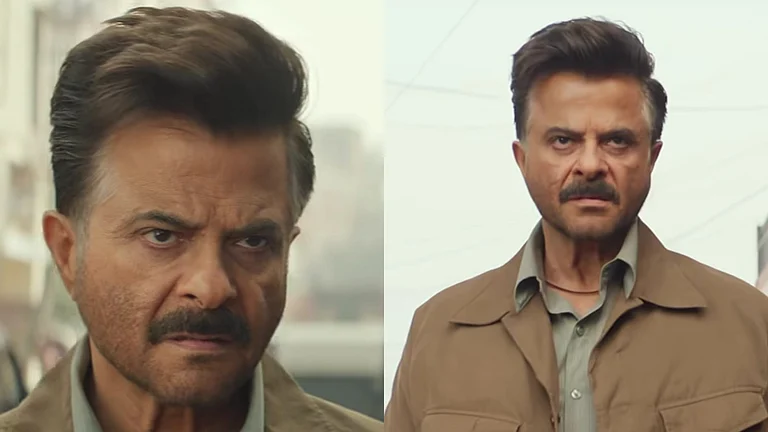As the five-member bench of the Supreme Court led by Chief Justice of India D Y Chandrachud passed the buck to the Parliament on same-sex marriage and denied accepting marriage as a ‘right’, the fate of marriage equality in India, at least for now, is held suspended. As the CJI, known for his landmark and progressive judgments, started delivering his observations, a sort of hope was building up among the LGBTQIA++ community.
One of the queer activists, on the condition of anonymity says, “As he emphasised the changes that the institution of marriage has gone through since the days of Sati, we were hoping to have a favourable verdict.” Interestingly, his statement that the current marriage laws would have shocked our ancestors – for several of them – worked as an indication of a radical change, they note. However, within the next 20 minutes, it became clear that the SC was not going to step into what they considered the domains of legislature.
This is, nevertheless, not the first time when Justice Chandrachud’s verdicts and observations were found to be a bit ambiguous by the people. During an interview with a media organization in 2022, senior advocate Dushyant Dave said that sometimes in politically sensitive matters, he is “deeply disappointing”. He referred to the famous Hadiya case where it was a bench of then CJI J S Sekhar and D Y Chandrachud who asked the National Investigation Agency (NIA) to investigate the alleged ‘love jihad’ in 2017. It was technically the first case of alleged ‘love jihad’ that couldn’t stand the test of law later.
In September 2022, the bench of Justice D Y Chandrachud and Justice Hima Kohli waived off the Lodha-committee recommendations of a three-year ‘cooling off’ period paving the way for Sourav Ganguly and Jay Shah, son of the Union Home Minister Amit Shah, to continue as the president and secretary of the BCCI, respectively. Though their tenure of six years in state and central cricket boards got over in June and July 2020, respectively – and they were supposed to have a ‘cooling-off’ period for three years before taking up another administrative role – the verdict had let them make their way.
Notably, Justice Chandrachud was part of the five-member Constitution bench that gave the Babri Masjid verdict. It was for the first time in 70 years of judicial history that the name of the author of the judgement was not given. But media reports suggested that the style of the writing was very similar to that of Justice Chandrachud.
Interestingly enough, the Babri Masjid judgment, though unanimously gave the disputed site to a trust that would construct Ram Temple, acknowledged that the “exclusion of the Muslims from worship and possession took place on the intervening night between 22/23 December 1949 when the mosque was desecrated by the installation of Hindu idols” was not done in a lawful manner. It also added that “during the pendency of the suits, the entire structure of the mosque was brought down in a calculated act of destroying a place of public worship.”
In August 2023, a bench comprising CJI D Y Chandrachud, Justice J B Pardiwala and Justice Manoj Misra upholding the earlier verdict of Allahabad High Court, allowed the Archeological Survey of India (ASI) to conduct an investigation of the Gyanvapi mosque.
Former judge of Bombay High Court Justice Kolse Patil, while referring to this decision, during an interview said, “The Supreme Court order did not state it in writing, but what Justice DY Chandrachud said in the court—that the Places of Worship (Special Provisions) Act, 1991 does not debar ascertainment of the religious character of a place of worship—has sent a message right across India that what is said to be a fountain in the Gyanvapi mosque is actually a shivling.”
Another contradiction in the CJI’s stance could be found in his recent verdict where his bench didn’t allow Medical Termination of Pregnancy (MTP) of a 26-week foetus citing an AIIMS report that says it has a chance to grow as a healthy baby if kept for another few weeks. Whereas the mother – the petitioner – clearly said that she didn’t want to keep it due to her mental health and postpartum depression, the SC favoured the right to life of the unborn. However, it was the CJI who earlier, in a landmark judgment, gave abortion rights to unmarried women and tried to de-stigmatise it.
While Chief Justice Chandrachud is known for his liberal landmark verdicts like the Right to Privacy, abolition of adultery, decriminalisation of homosexuality and Sabarimala entry for women amongst others, the contradictions prevail. As the queer activist says, “Don’t know, perhaps our hopes were much higher than it ought to be.”



























